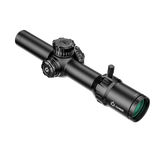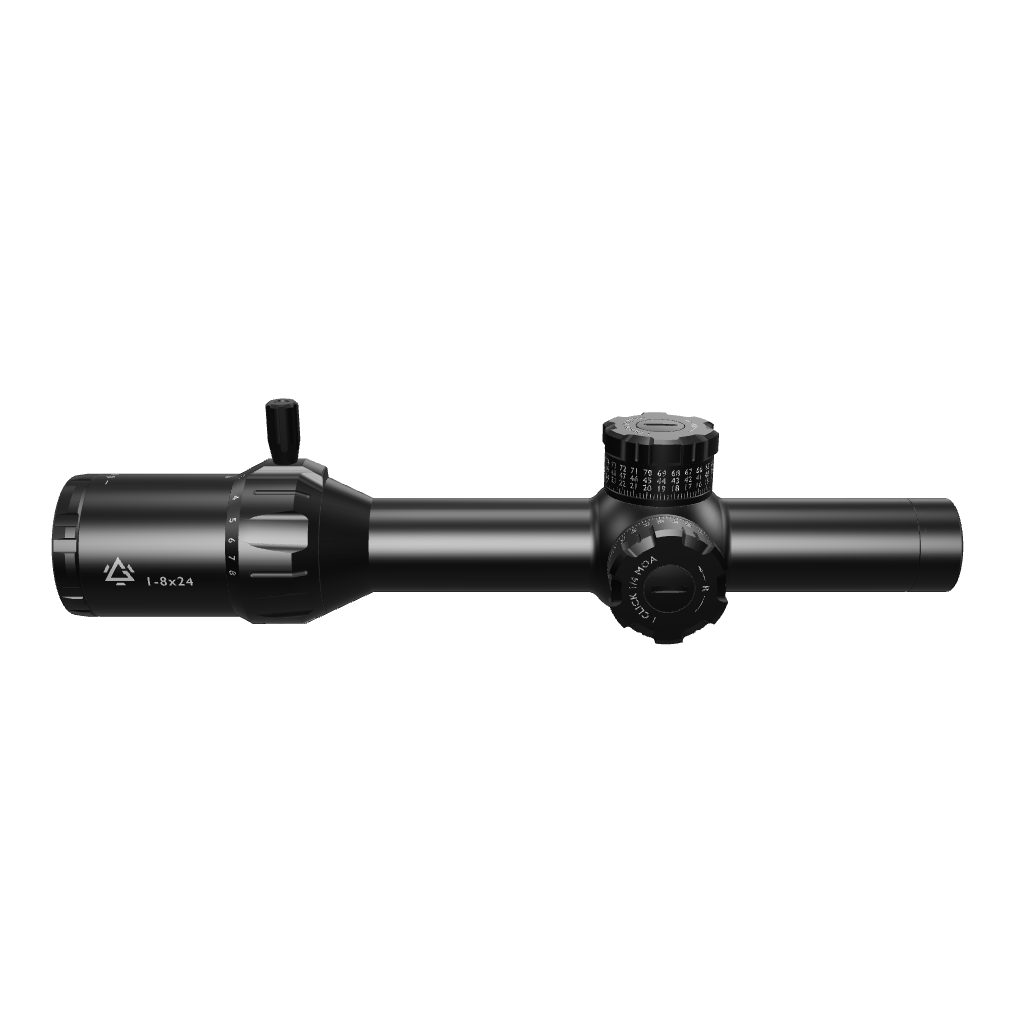Serving your country in any branch of the military is a worthy ideal, but the military is a competitive and rigorous environment, with very high standards in each branch. When that initial thrill of joining washes over, you still want to have the grit, passion, and will to continue serving with capacity.
You must spend a considerable amount of time determining which branch best suits you. There are three main questions you should ask yourself when considering which branch of the military to join:
- What are all the branches in the military available?
- Which one best suits my interests and my strengths?
- What are the requirements to join that branch?
- What is life like within that military branch, and would that be suitable for me?
Deciding Which Military Branch to Join? Some Quick Facts
- In terms of sheer enlistment numbers, the U.S. Army and Air Force generally draw the most recruits annually.
- In cultural appeal or identity, the Marines are often seen as the toughest or most elite by the public.
- In terms of elite status, Special Forces units (such as the Green Berets and SEALs) have the highest standards for entry and attract the most driven candidates.
- The SAF's RSAF branch offers a higher estimated starting salary for recruits with a Degree (approximately $4,000 - $4,700) compared to the Army and RSN.
- The Army arguably offers the most comprehensive education benefits, particularly the "Green to Gold" program, which means you can pursue a degree while advancing toward officer status.
What are the Military Branches Available?
When contemplating which branch of the military to join, it is advisable not to limit yourself to one area only. Keep your options open and give every branch sufficient consideration.
As you educate yourself on every military branch, you may begin to find new aspects of the other branches that are a better fit for you.
Here is a brief rundown of every branch of the US military, and some basic information you might want to explore before making your decision.
1. Joining the U.S Army
The U.S Army is the branch of the military that focuses specifically on land warfare, and they get the most new recruits almost every year. According to Statista, the U.S. Army alone had about 480,000 active-duty personnel in 2023.
If you are interested in combat, skilled in driving, interested in administration, or have a background in medicine, you can find a job in the army
The U.S. Army has a wide range of roles, but some jobs, known as Military Occupational Specialties (MOS), are particularly common.
Here are the most common starting jobs in the Army you can consider:
- Infantryman (11B) – if you are seeking a direct combat path.
- Motor Transport Operator (88M), if you are interested in driving and logistics.
- Human Resources Specialist (42A) if you want a respectable but non-combat admin job.
- Wheeled Vehicle Mechanic (91B) if you want a high-demand technical job.
- Combat Medic (68W) is a highly respected and versatile option if you are interested in medicine.
Which U.S Army Job Do Most People Go For?
The most common job in the U.S Army is Infantryman (MOS 11B). It is the Army’s core combat role, the backbone of the Army. You also get a chance to work overseas, which is always a plus.
Requirements to Join the Army
To join the U.S. Army, you must meet certain basic requirements in categories like age, citizenship, education, physical fitness, and moral character.
- Minimum age is 17 years old (with parental consent), and maximum age is 35 years old (some waivers available for prior service).
- Must be (at least) a U.S. citizen or a lawful permanent resident (Green Card holder).
- Must have a high school diploma or GED
- Must take the ASVAB, which tests math, reading, mechanical, and technical skills
- Must pass a Military Entrance Processing Station (MEPS) medical exam
- Must have no serious criminal convictions
Should You Join the Army? Tips
Many new soldiers pick a job based on:
- Their ASVAB scores (some jobs require higher scores),
- Whether they want combat or non-combat roles, and
- Their interest in civilian-transferable skills (mechanics, medics, IT, etc.).
Of all the military branches, the U.S Army typically gets the most new recruits on a yearly basis. It is a hugely attractive prospect for many people.
2. Joining The US Navy
If you are interested in ships, submarines, and naval aviation, you might want to join the U.S Navy.
The U.S. Navy is the second-largest branch of the military, with approximately 336,978 active personnel. The Navy is mainly in charge of sea-based operations, and its overall mission is global maritime dominance.
Popular beginner jobs in the Navy are called Ratings, and they are available even if you are just fresh out of high school or have little prior experience.
Popular US Navy Jobs to Consider
Here are some ratings you might want to consider if you are looking to join the Navy, and what they entail:
- Aviation Boatswain's Mate (AB): They launch and recover aircraft on aircraft carriers. It is an iconic Navy job with fast-paced action on flight decks.
- Machinist’s Mate (MM): Operate and maintain ship engines, turbines, pumps, and mechanical systems.
- Hull Maintenance Technician (HT): Weld, repair plumbing, firefighting systems, and structural components.
- Information Systems Technician (IT): Manage computer networks, cybersecurity, and shipboard communications.
- Hospital Corpsman (HM): Provide medical care in clinics, hospitals, and combat zones (often with Marines).
The Most Popular Navy Jobs For New Recruits
The most popular beginner job in the U.S. Navy is generally considered to be Hospital Corpsman (HM). Corpsmen serve side-by-side with Marines and sailors, often in field or shipboard environments.
Hospital Corpsman is one of the oldest and largest ratings in the Navy, so if you want a widely respected job with broad career options, it's a solid #1.
3. Joining The U.S. Air Force
If you are into technology and are interested in aviation, drones, or cybersecurity, you might want to consider the U.S Air Force. The Air Force controls and defends U.S. airspace. It conducts air and space operations (fighter jets, bombers, drones, satellites).
It is in charge of providing strategic airlift, reconnaissance, and cyber warfare capabilities.
Common Entry Jobs if You Are Considering the Air Force
In the U.S. Air Force, beginner (entry-level) roles are called AFSCs (Air Force Specialty Codes), and you can qualify for these jobs with a high school diploma and a decent ASVAB score, usually straight out of Basic Military Training (BMT).
- Aircraft Maintenance (2A series): To inspect, repair, and maintain aircraft.
- Security Forces (3P0X1): Military law enforcement and base security. Think gate guards, patrols, and emergency response.
- Cyber Systems Operations (3D0X2): Maintain servers, networks, and cyber defense systems. High-tech, with strong civilian career crossover opportunities.
- Electrical & Environmental Systems (2A6X6): Maintain aircraft electrical and environmental systems, like air conditioning, pressurization, and wiring.
The most common entry-level job in the U.S. Air Force is Security Forces (3P0X1). It’s one of the biggest enlisted specialties in the Air Force.
And there are no advanced tech skills required, just physical fitness, a clean background, and a qualifying ASVAB score (minimum 33 AFQT, but ideally higher).
You can also check out common options like
- Aircraft Maintenance 2A5X1 / 2A3X3
- Client Systems (IT Help Desk) 3D1X
- Material Management (Logistics)2S0X1
- Client Systems (IT Help Desk) 3D1X
Entry Requirements
- Age: 17–39
- U.S. citizen or legal permanent resident
- High school diploma or GED
- ASVAB score: Varies, but 36 is minimum for HS diploma, 65+ for elite roles
- Pass the MEPS physical and background check
Consider the U.S Air Force if you want a physically active job, enjoy law enforcement, or are considering military police careers after service.
4. Joining the U.S. Marine Corps
The U.S Marine Corps will be an attractive option if you want a challenge and high esprit de corps.
The Marines are America’s rapid-response force. They specialize in amphibious operations, urban combat, and expeditionary warfare, often being the first boots on the ground.
Popular Entry Positions in the U.S Marine Corps.
- Rifleman (0311) – Basic infantry
- Machine Gunner
- Combat Engineer
- Marine Raider (MARSOC, elite special ops)
- Aviation Mechanic or Crew Chief
-
Communications Specialist
Entry Requirements for the U.S. Marine Corps
- Age: 17–28 (waivers possible)
- U.S. citizen or permanent resident
- HS diploma (GED possible with more stringent requirements)
- ASVAB score: 32 minimum (higher for more technical roles)
- Pass the IST (Initial Strength Test) and physical at MEPS
5. Joining the U.S. Army Special Forces (Green Berets)
The U.S Army Special Forces is an excellent choice for candidates who are mentally tough, independent, and mature, but you must be ready for long-term commitment and elite training.
The Green Berets specialize in unconventional warfare, foreign internal defense, direct action, and counterterrorism. They often train foreign militaries and work in small elite units behind enemy lines.
Consider These Popular Entry Paths into the U.S. Special Forces
- 18X Program – Enlist directly into the Special Forces pipeline
- Weapons Sergeant (18B)
- Engineer Sergeant (18C)
- Medical Sergeant (18D)
- Communications Sergeant (18E)
Entry Requirements
- Age: 20–34 (with prior service, up to 36)
- U.S. citizen
- HS diploma (no GED for 18X program)
- ASVAB: GT score of 110+ and combat-oriented scores
- Pass Special Forces Assessment & Selection (SFAS)
- High physical fitness level required (2-mile run, ruck marches, push-ups, etc.)
Still In Doubt?
People generally have an idea of which military branch seems most interesting to them, but many who initially thought themselves better suited for the Army end up being Marines, or vice versa.
If you need more information on what branch of the military to join, talk to the military recruiting agency in your area or seek advice from people who have been involved in the military.







